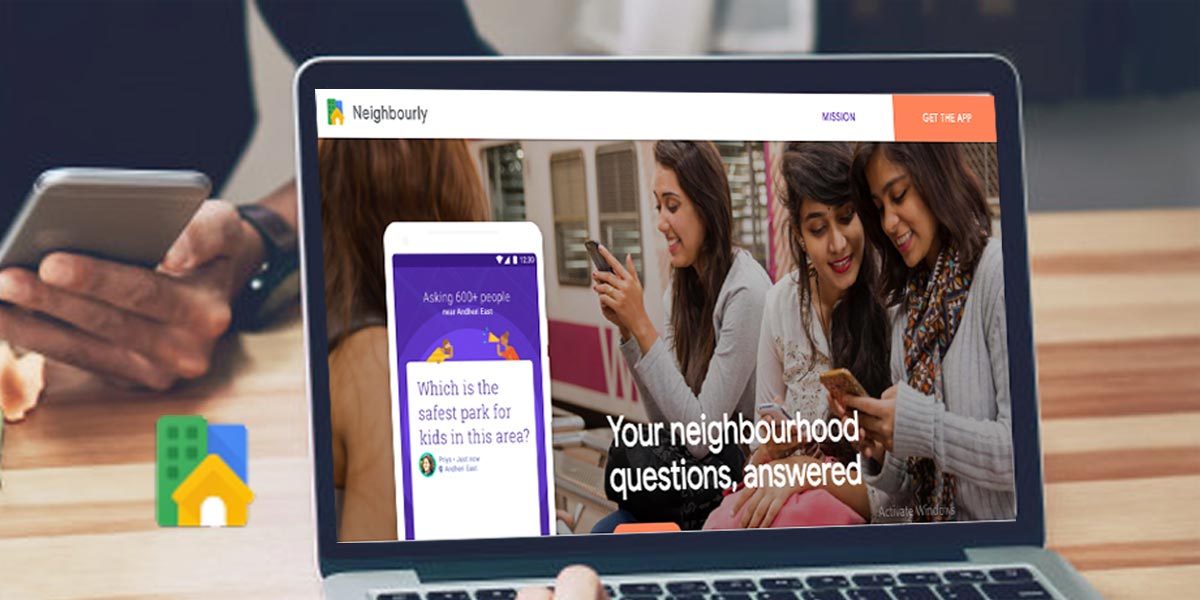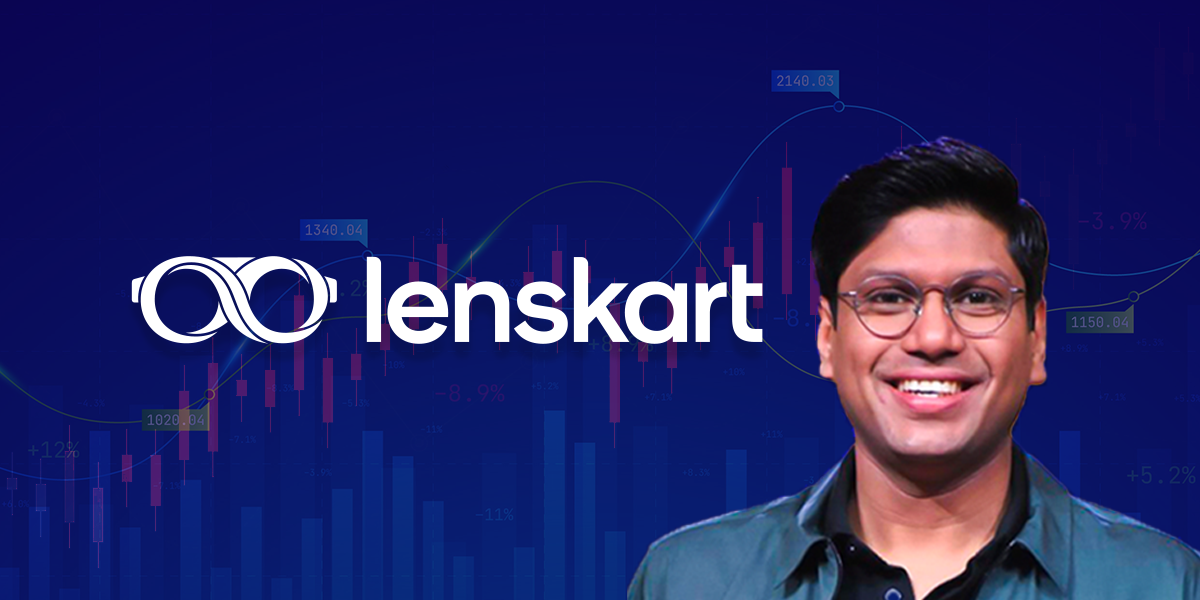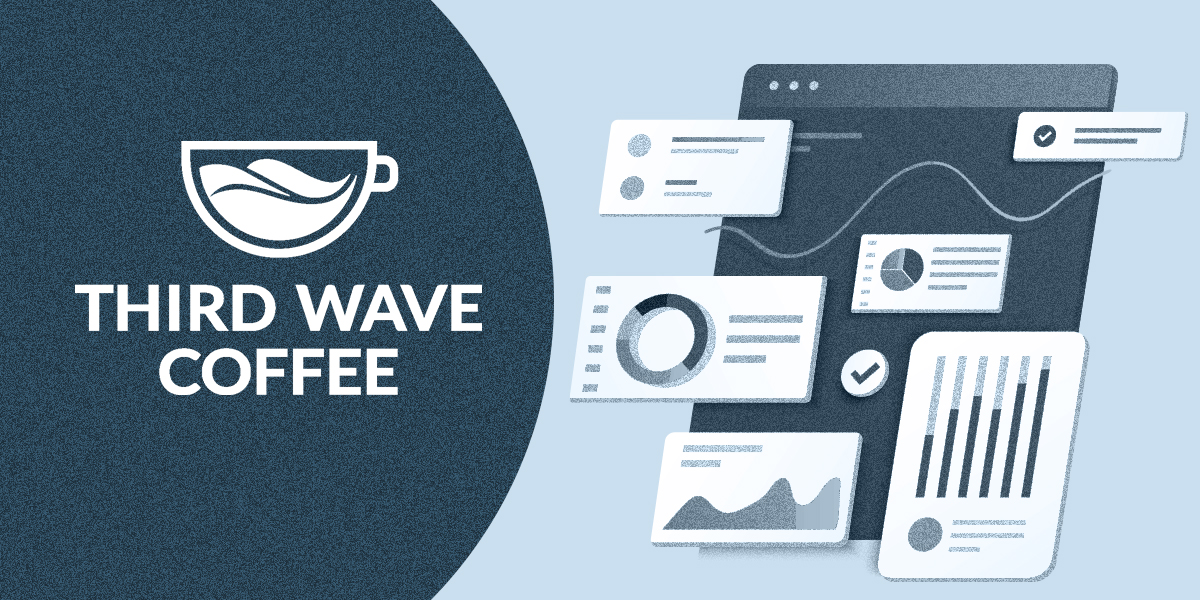Google’s Next Billion Users program is making headlines all across the media. It’s in the news for connecting railway stations with WiFi, building India-first products and features, and connecting rural India with the Internet and technology.
Gradually, the reach of the program is growing and covering all the major areas. The newest area of exploration is of social networking, an area where Google has failed multiple times.
Unveiled in India this month under Google’s Next Billion Users program, Neighbourly, the hyperlocal social network, is a real-time app to answer one’s quick questions in English and 8 more local languages.
The neighbourhood network, which is currently available in Mumbai, allows people to share local expertise and crucial information with others in the vicinity. It will be a crowd-sourced recommendation platform that tends to answer virtually anything.
The app provides precise information to people without getting them involved in group chats that ‘keep getting lengthier and noisier’, such as WhatsApp’s tendency to fill up the window with ‘good morning’ messages, according to Caesar Sengupta, VP, Next Billion Users.
The users can browse, ask, and answer questions without sharing personal information. The app has given a lot of priority in protecting the privacy of a user’s details.
It shows only a first name while the phone number, full name, and other information remains private. Besides, a user’s profile photo cannot be enlarged or stored. Upon signing up, users also take a pledge to keep the community safe and refrain from posting inappropriate or spam messages.
Experts see a larger plan behind the launch of the platform. They believe that the launch of the social networking app opens a new source of ad revenue for Google which can sell high-priced targeted local ads while collecting more information about user preferences.
Besides, with the launch of the new social networking platform, Google will be able to expand its reach in all the segments — search, payments, and social networking.
The development was first reported by Bloomberg.













